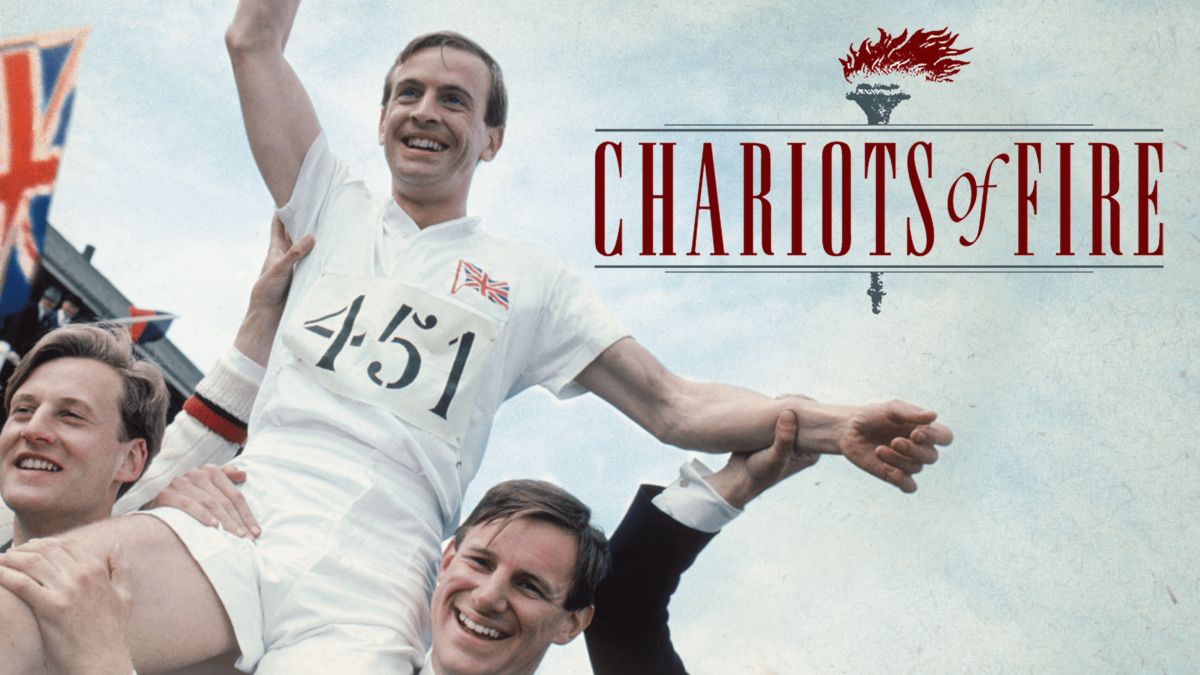
Earlier I shared a couple of movies that have encouraged me to better understand God's heart for the world. This week, here are a couple more: Chariots of Fire and End of the Spear.
Chariots of Fire
Chariots of Fire tells the true story of Eric Liddell, a devout Scottish Christian and Olympic athlete, who sees his athletic ability as a gift from God and runs not for personal glory, but to honor his Creator. Liddell’s famous line, “God made me fast, and when I run, I feel His pleasure,” encapsulates a biblical worldview that celebrates using one’s talents for God’s glory.1
Liddell refuses to run his best event, the 100 meters, at the 1924 Paris Olympics because the heats are scheduled on a Sunday, the Christian Sabbath. Despite immense pressure from his country’s leaders, including the Prince of Wales, Liddell stands firm, demonstrating integrity and humility rooted in his faith. This act is not presented as legalism, but as a heartfelt desire to honor God above personal ambition—a lesson that resonates with Christians and non-Christians alike.2
Liddell’s later choice to serve as a missionary in China reflects God's heart to be present among the marginalized. He doesn’t just speak of hope—he brings it. The film reminds us that God's kingdom advances not through applause, but through quiet obedience, resilience, and a broken heart willing to be reshaped.
Chariots of Fire is a cinematic reminder that when we run in step with the Spirit, the race becomes worship.
End of the Spear
End of the Spear is a moving film that illustrates God’s heart for the world through themes of forgiveness, redemption, and self-sacrificial love. Based on true events, the movie recounts the 1956 story of five American missionaries, including Nate Saint, who were killed while attempting to bring the gospel to the Waodani, a violent, isolated tribe in Ecuador.3 Rather than ending in tragedy and vengeance, the narrative unfolds into a remarkable testimony of reconciliation and transformation.
At its core, the film centers on the relationship between Steve Saint, Nate’s son, and Mincayani, the Waodani warrior responsible for his father’s death. Instead of seeking revenge, Steve extends forgiveness and friendship—a radical act that echoes the heart of Christ’s message.4. The film’s most powerful moments come when Steve, confronting Mincayani, declares, “No one took my father’s life. He gave it,” mirroring Jesus’ own sacrificial love. This act of mercy breaks the cycle of violence within the tribe and opens the door for healing and peace.5.
The movie also highlights the missionaries’ conviction that their lives were not their own, and that the Waodani were not “ready for heaven” while they themselves were—a poignant expression of God’s desire that all people might know Him. The subsequent transformation of the Waodani, from a people marked by violence to one of peace and faith, beautifully demonstrates the redemptive power of the gospel and God’s longing to reconcile all nations to Himself6.
End of the Spear ultimately shows God’s heart for the world through the lived example of forgiveness, the breaking down of cultural barriers, and the relentless pursuit of love in the face of unimaginable loss.
Tags: movies






